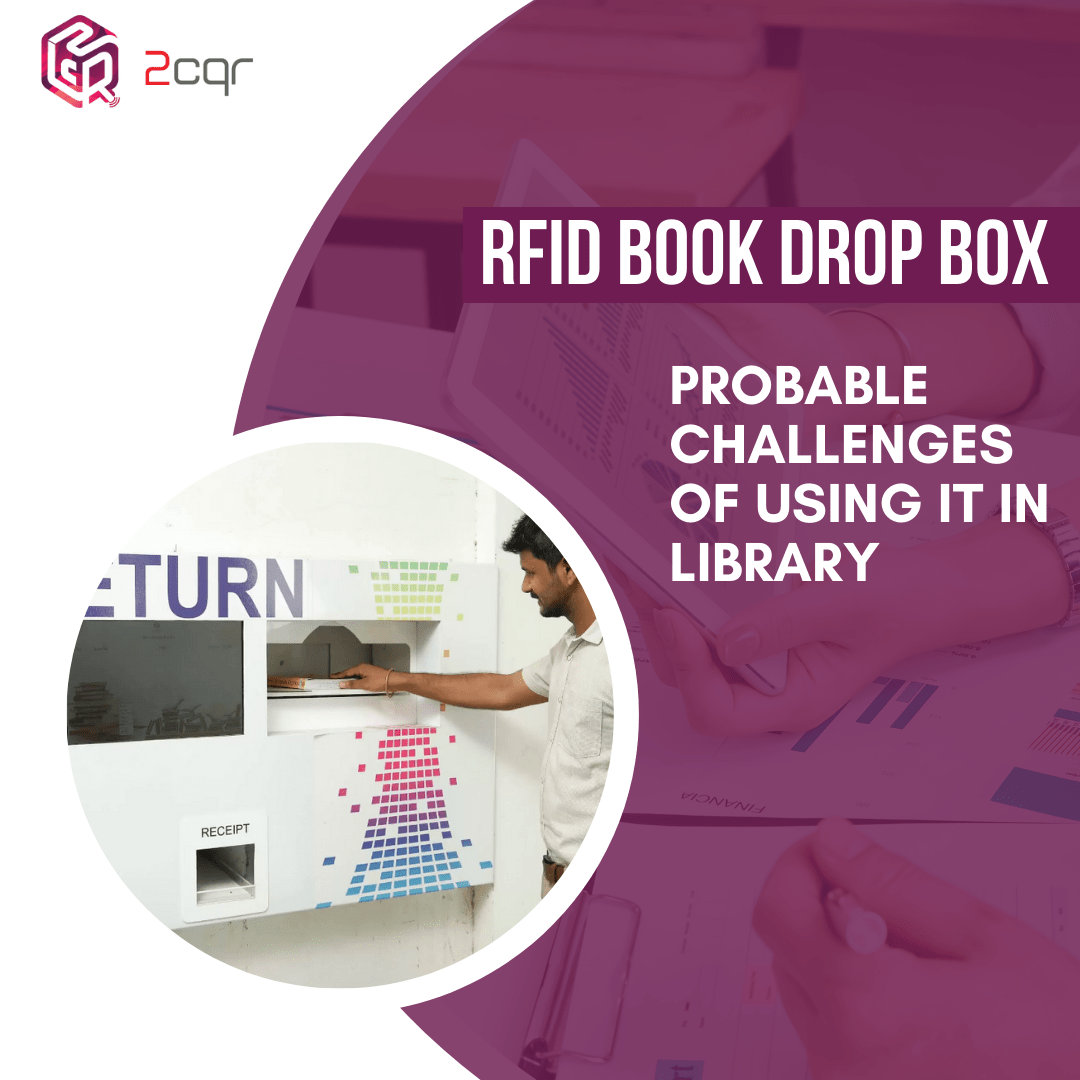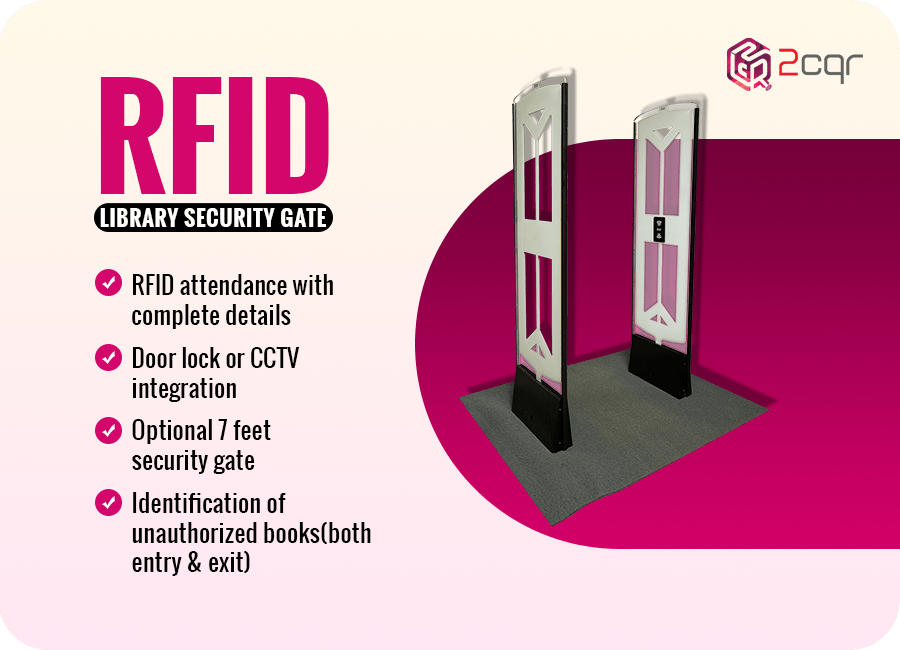
The adoption of RFID (Radio Frequency Identification) technology in libraries has gained momentum due to its speed, efficiency, and ability to address resource-intensive tasks.One such advancement is the RFID book drop box, which allows library patrons to conveniently return books without the need for library staff.
However, the implementation of RFID book drop box is not without its challenges.
In this article, we will explore the hurdles associated with RFID solutions for libraries, with a specific focus on RFID book drop box.
Tag Interference:
One challenge faced by RFID book drop boxes is tag interference happens when books are dropped into the box with a possibility of tag interference from other materials or metals.
This interference can cause errors in reading the RFID tags, leading to inaccuracies in the library’s database update. Addressing tag interference by choosing the tags that have lesser interference with the respective materials is crucial to ensure the reliable functioning of the RFID system.
Unable to Track Overdue Books:
A single-reader RFID book drop box may not be equipped to identify overdue books when patrons return them and this limitation can result in books with overdue statuses being accepted, potentially leading to financial losses for the library.
Using two reader RFID book drop boxes is most important to track overdue books accurately within the RFID book drop box system is essential for effective library management.
Integration Challenges:
Integrating the RFID system, including book drop boxes, with the library management software can be a complex and expensive. This holds true for RFID book drop boxes as well.
The integration process may require additional equipment and software adjustments, adding to the overall expense of adopting RFID technology in libraries.
Libraries must carefully plan and allocate resources to overcome these integration challenges.
Tags Damage and False Alarms:
When books are dropped into RFID book drop boxes, there is a risk of damaging the RFID tags by contacting with other boxes or the walls of the drop box that can lead to tag damage, affecting their functionality.
Additionally, this can trigger false alarms within the RFID system, causing unnecessary disruptions.
Taking measures by discussing with RFID suppliers for libraries to protect the RFID tags and minimise false alarms is crucial for smooth library operations.
Inadequate Knowledge for Patrons:
Another challenge with RFID book drop boxes is ensuring that library patrons have sufficient knowledge of how to use them properly.
Without proper guidance, patrons may mishandle the book return process, potentially damaging the tags or causing system errors.
Educating patrons on the correct usage of RFID book drop boxes is essential to maximize their benefits and minimize operational issues.
Conclusion:
RFID technology has transformed library management, offering speed, efficiency, and convenience.
However, challenges persist, especially when it comes to RFID book drop boxes. Overcoming tag interference, tracking overdue, addressing integration challenges, preventing tag damage and false alarms, and providing adequate knowledge to patrons are key to harnessing the full potential of RFID technology in libraries.
By addressing these challenges, libraries can optimise their RFID systems, enhance user experiences, and improve overall library operations.



2 comments on “RFID Solutions for Libraries: Overcoming Challenges of RFID Book Drop Boxes”